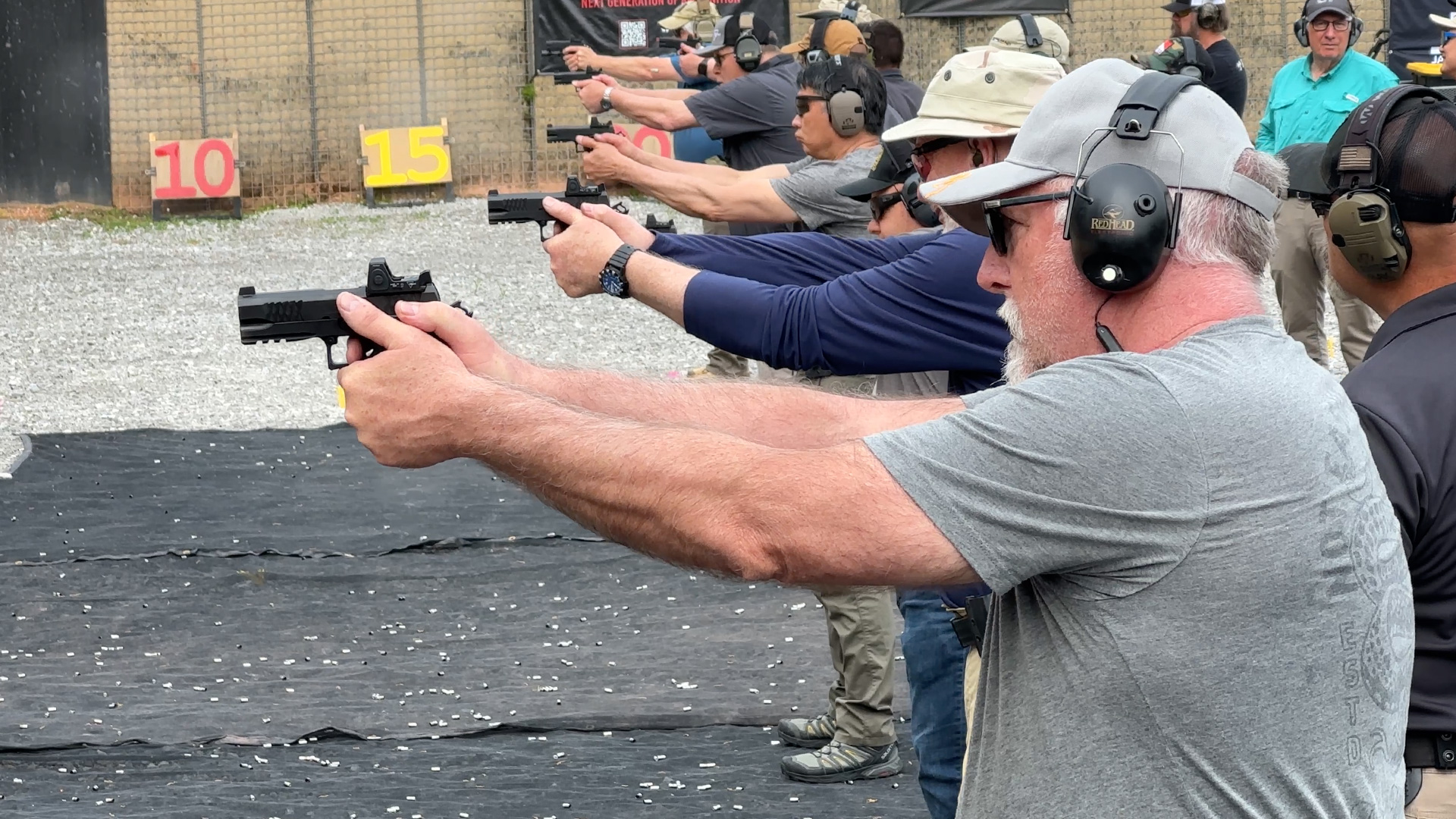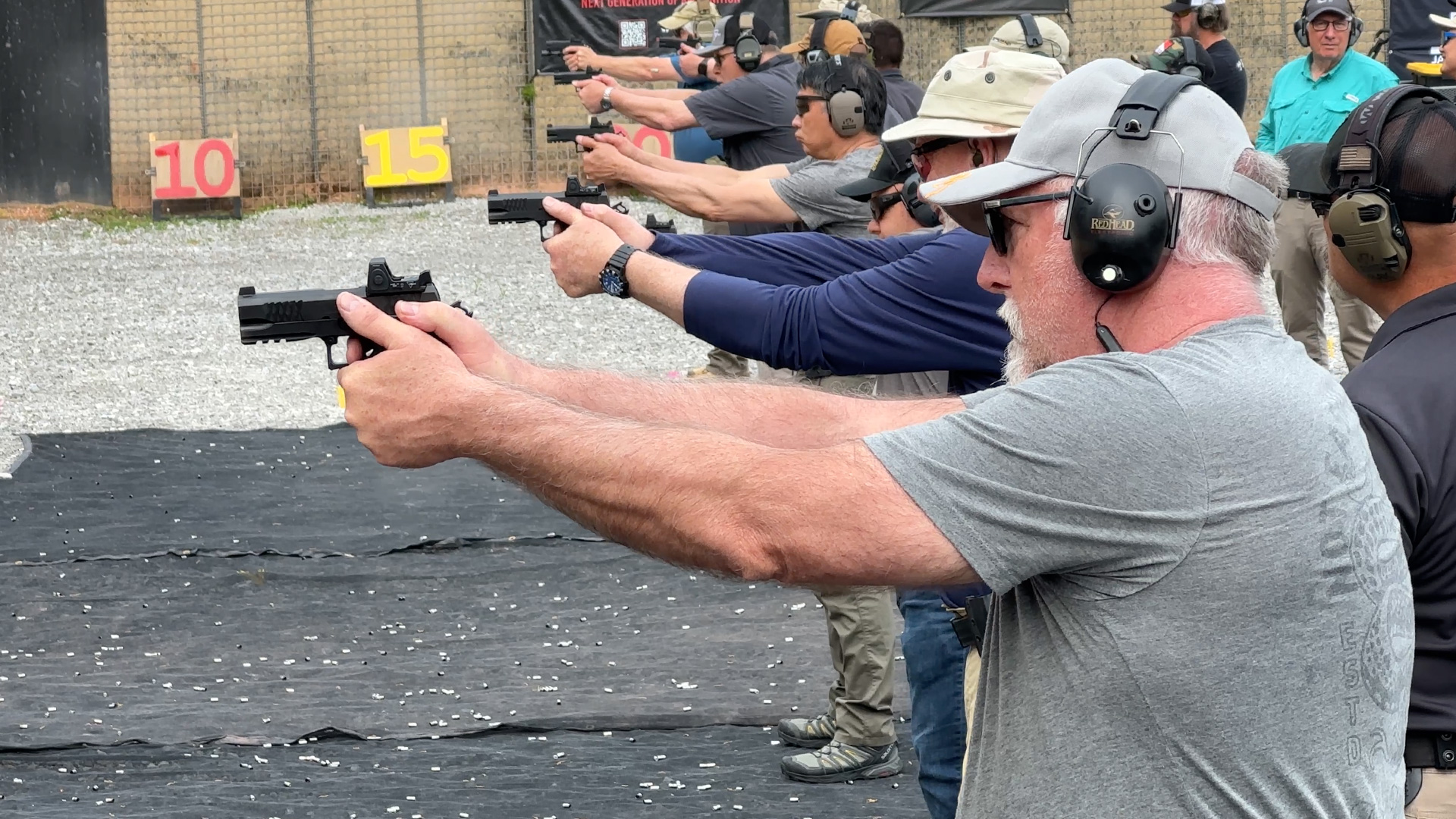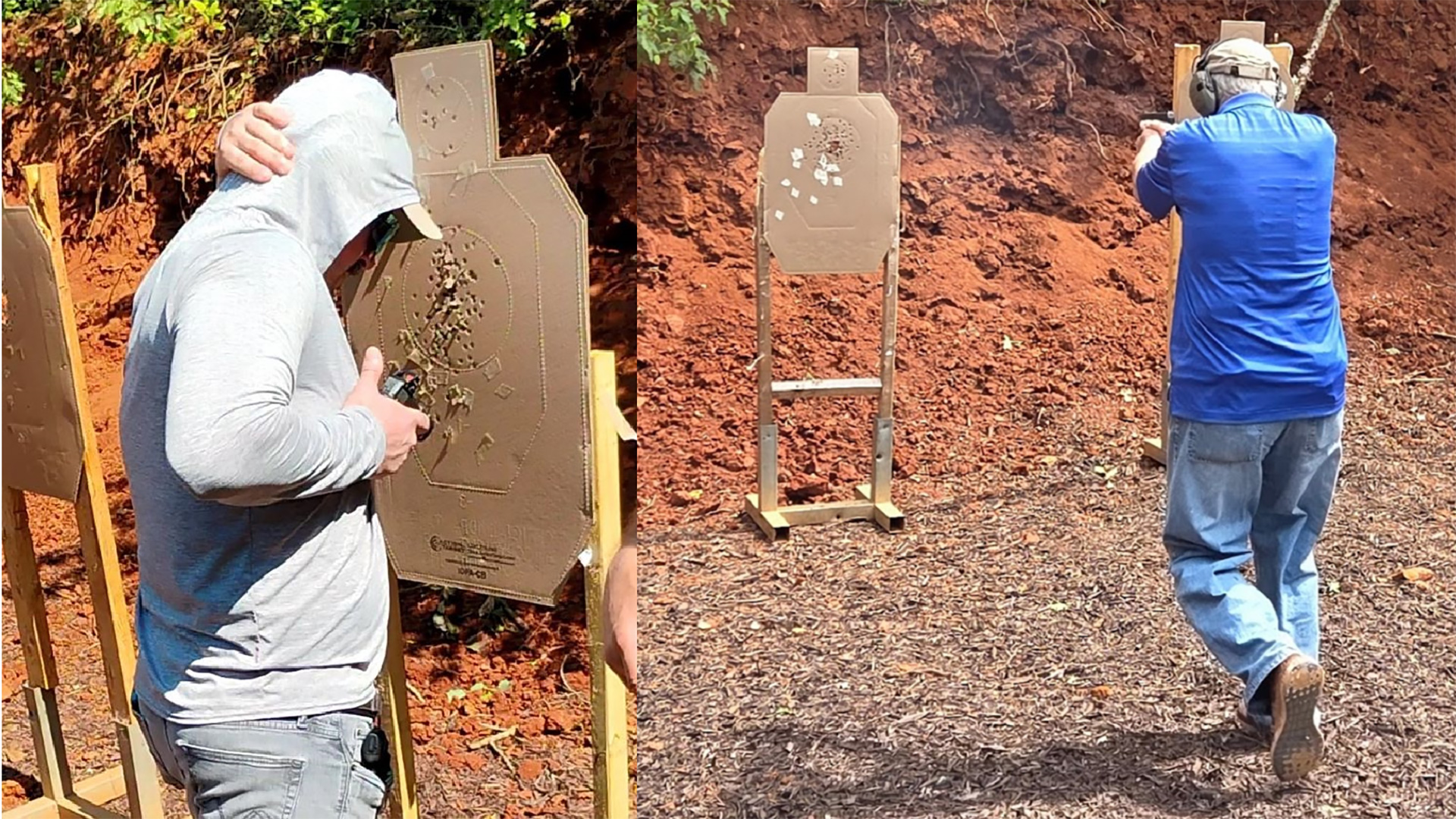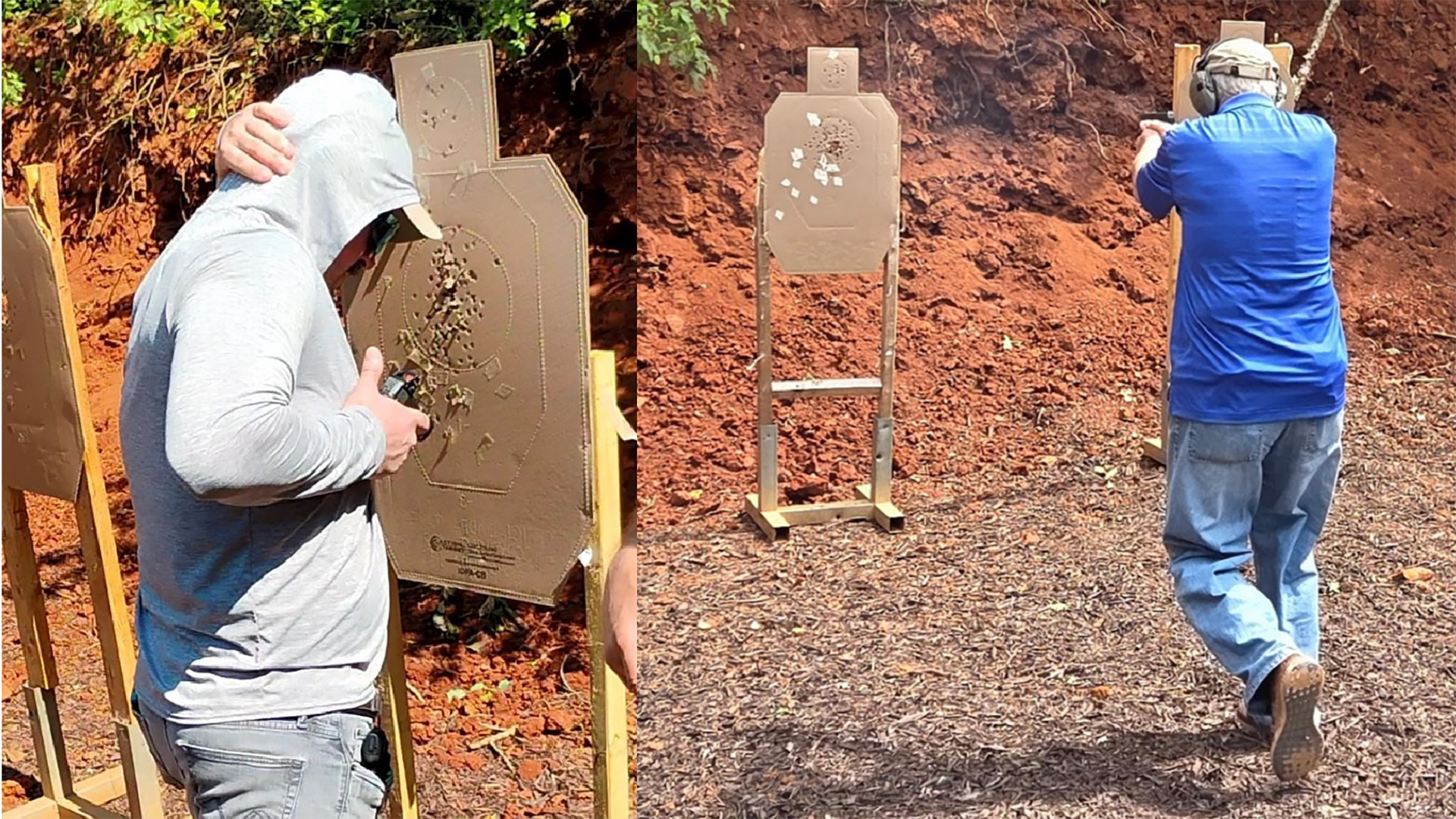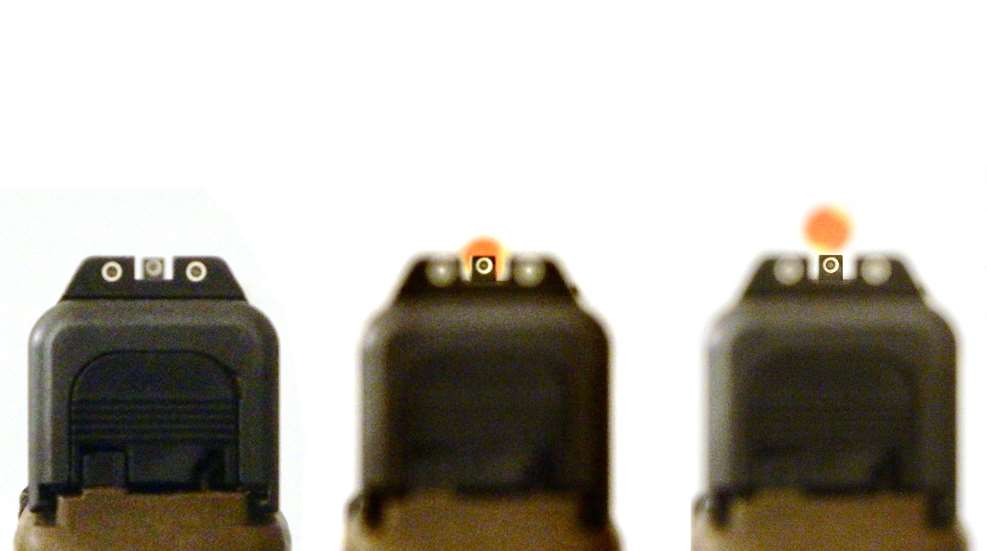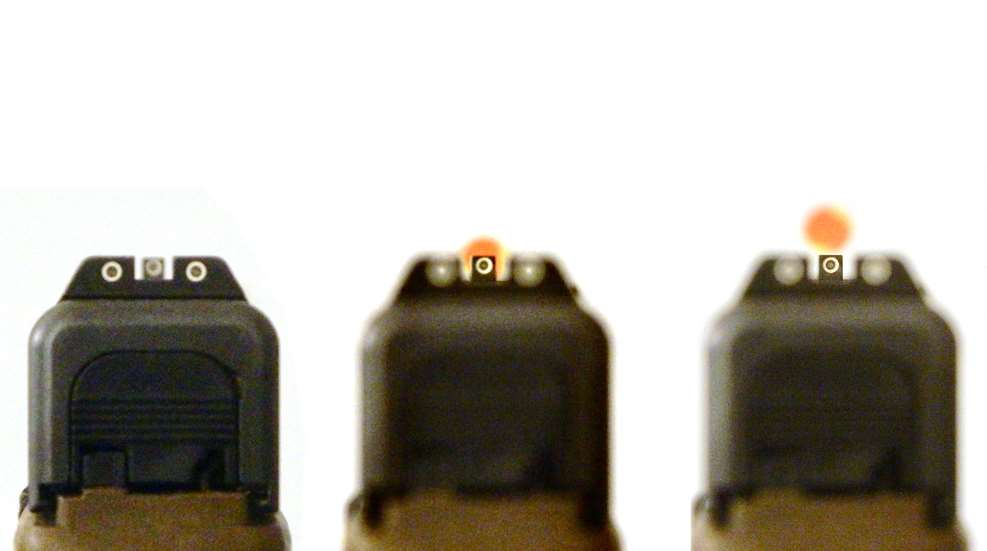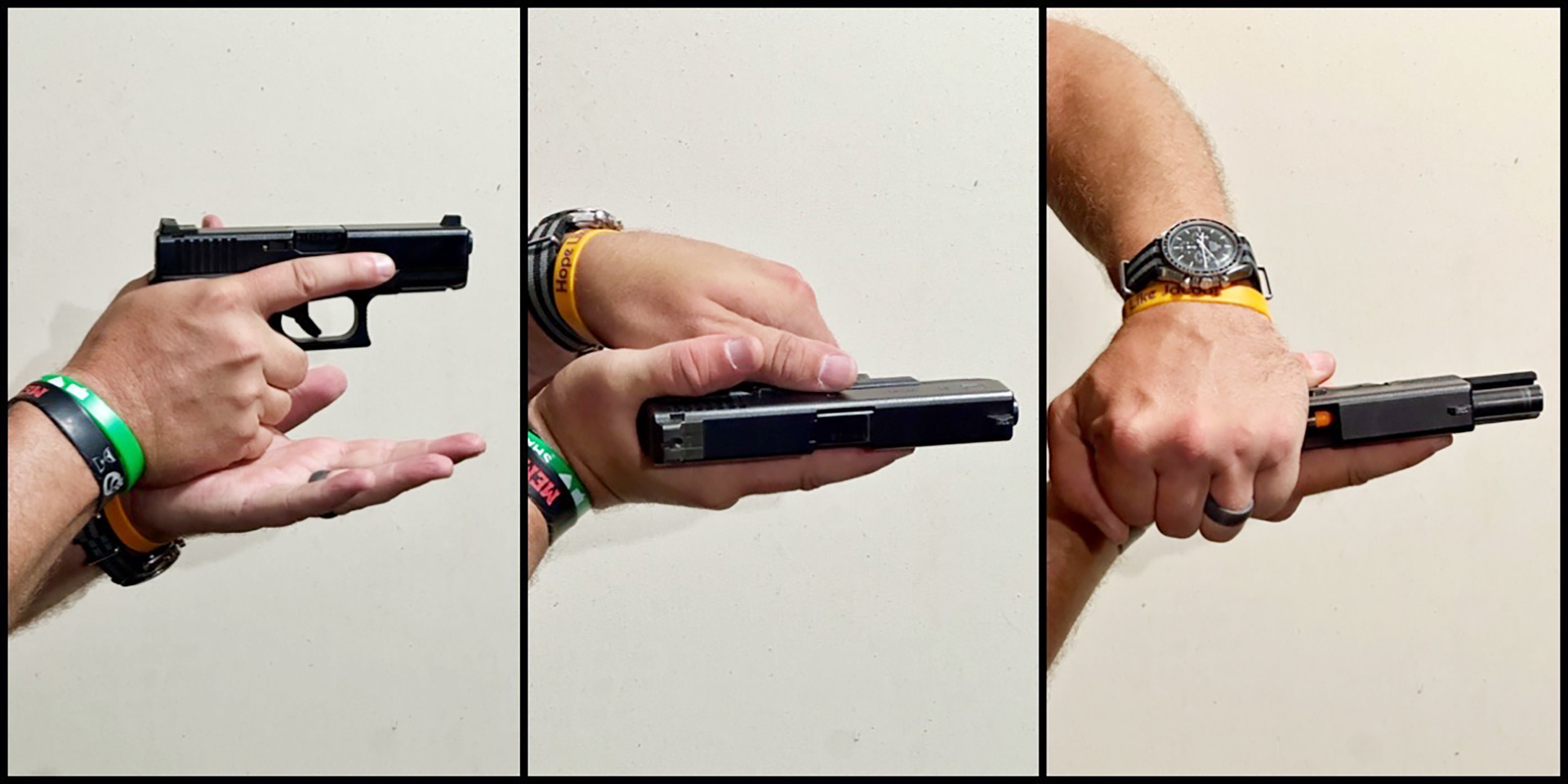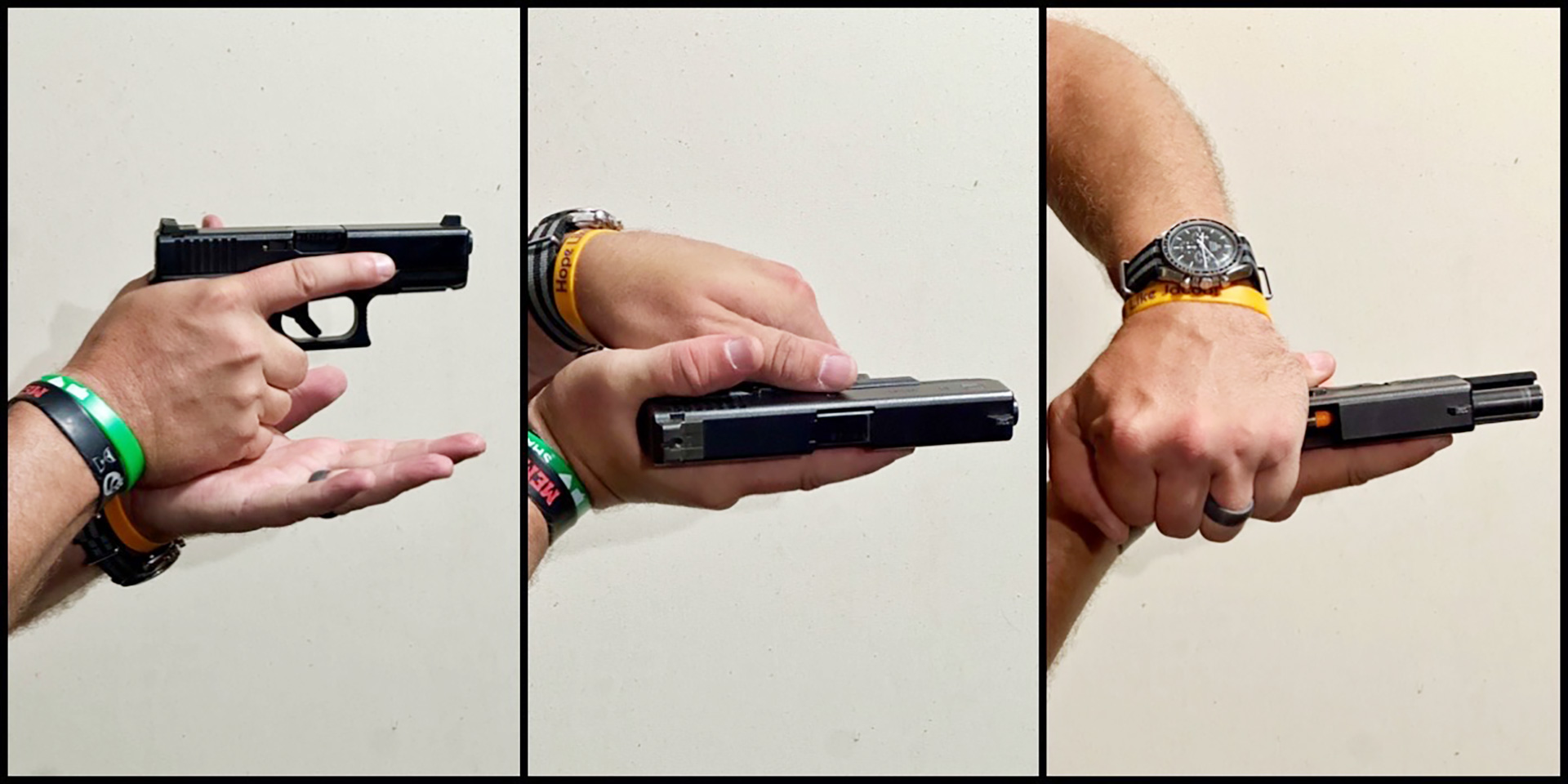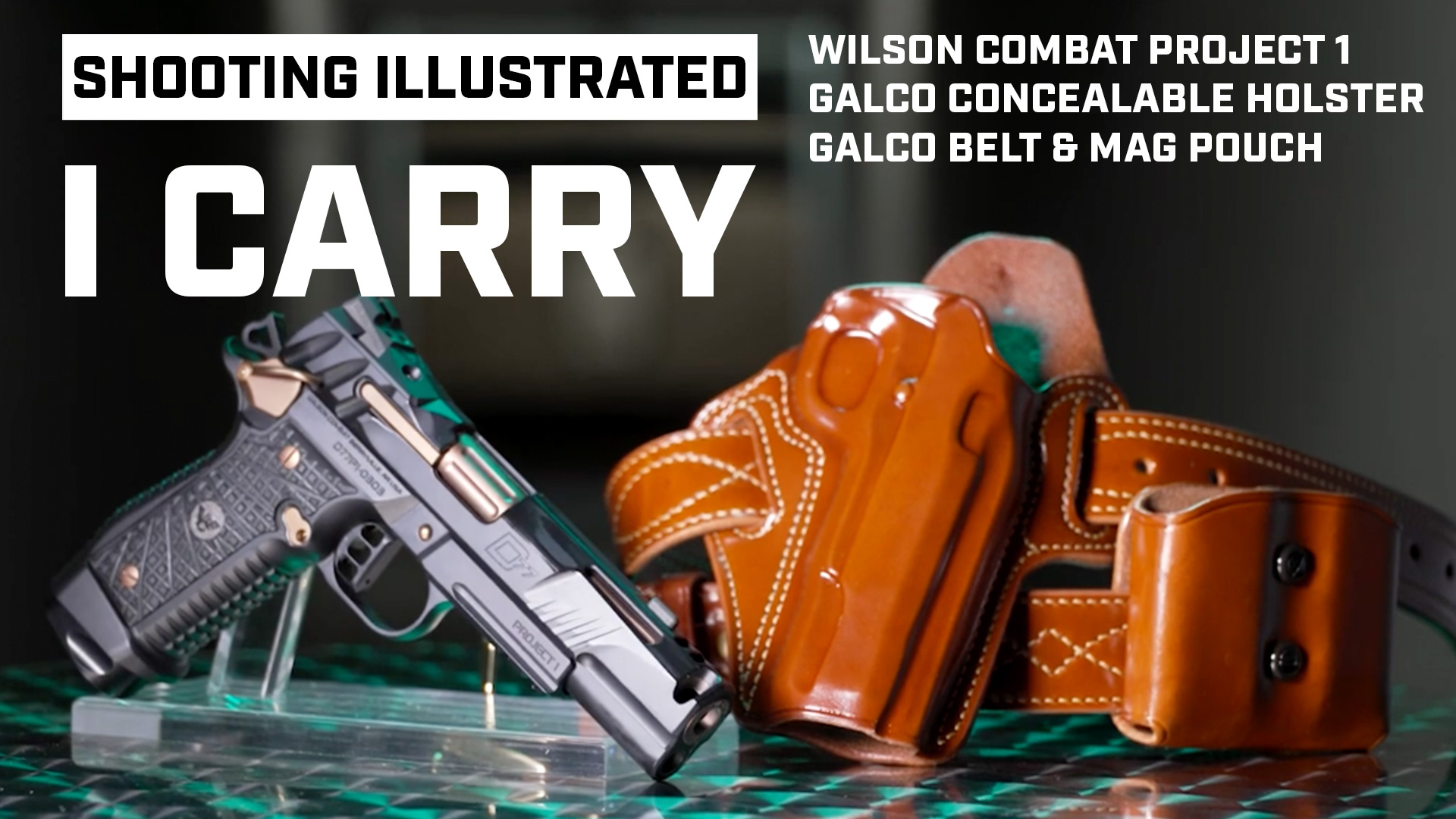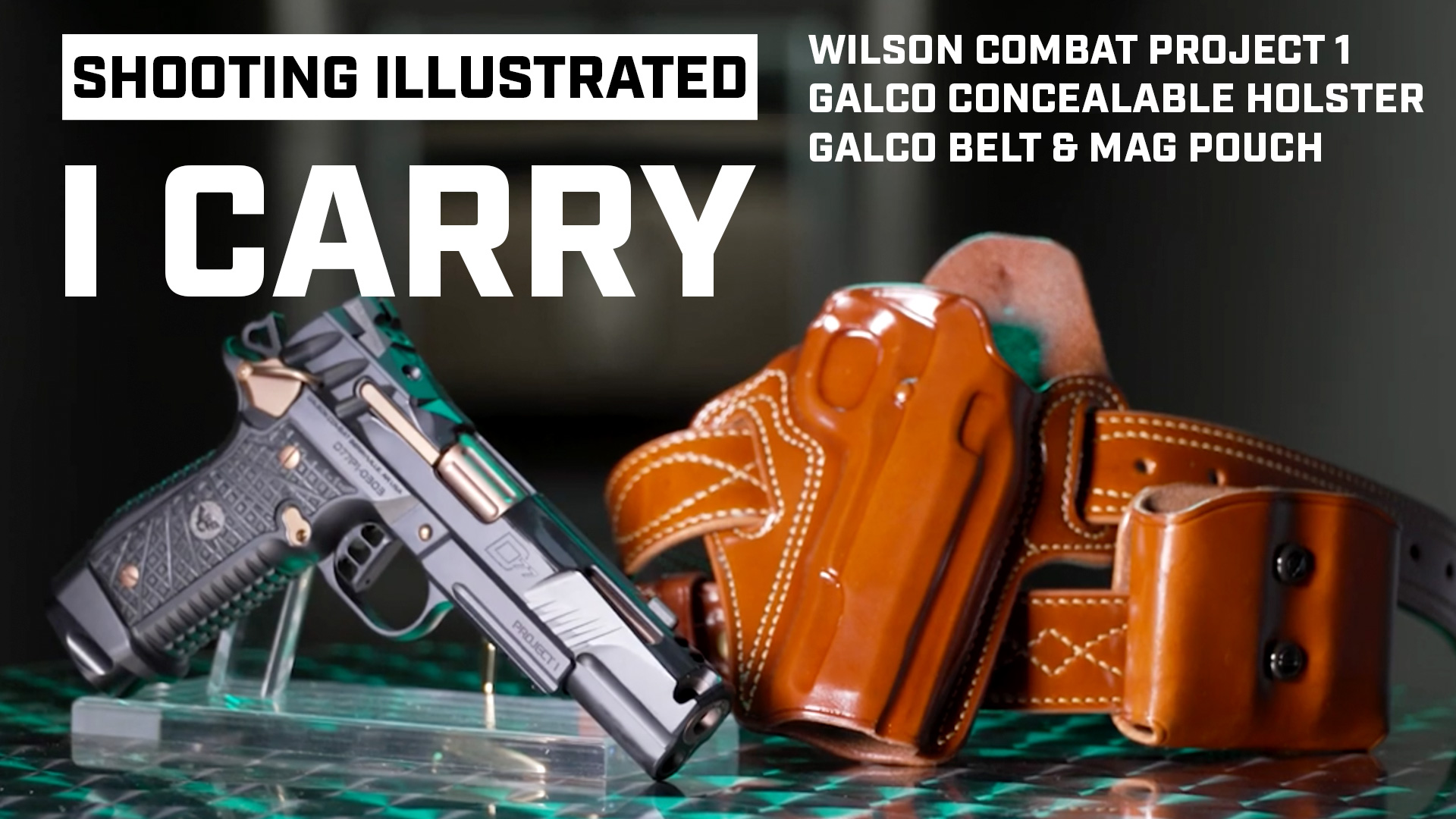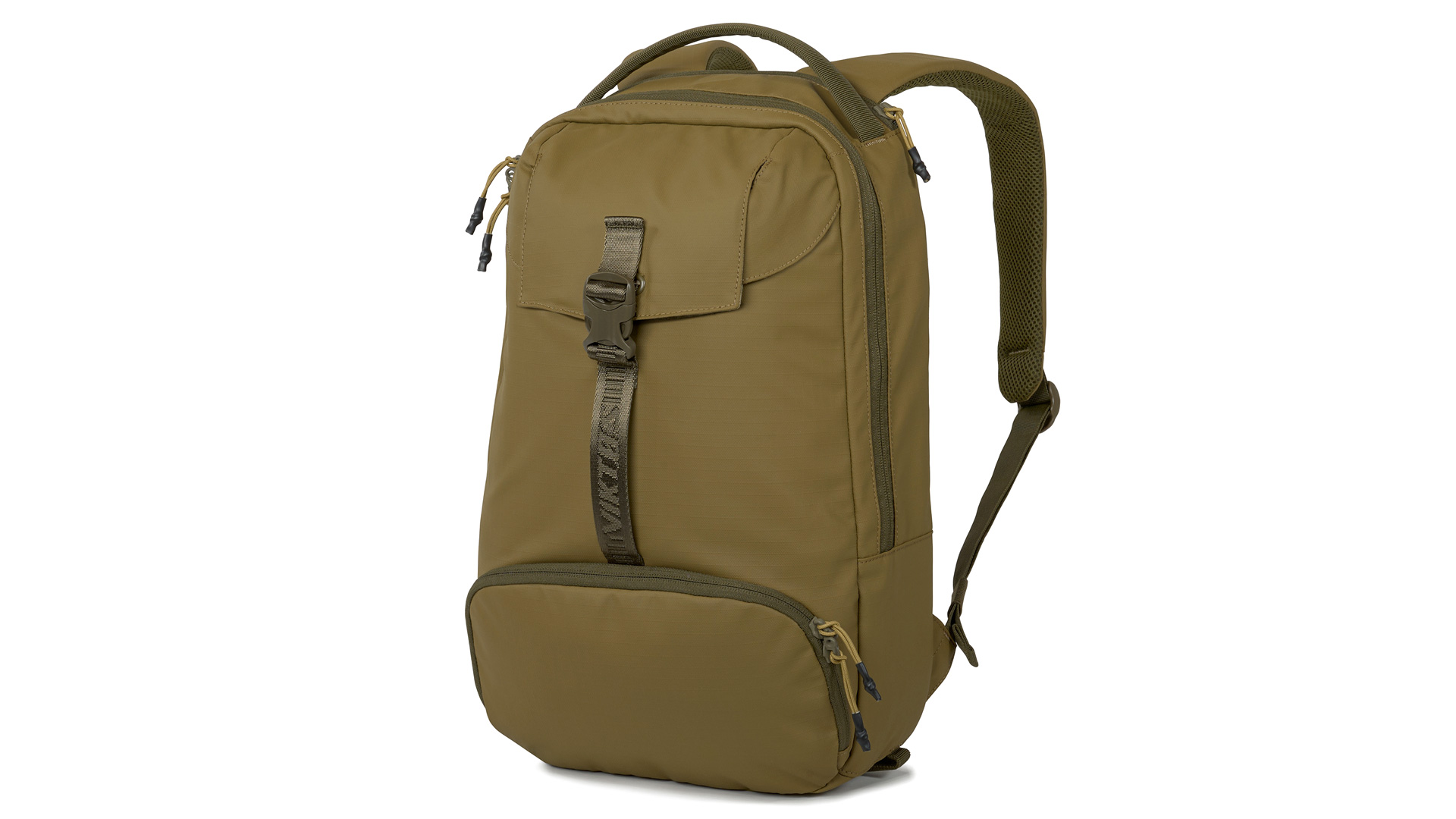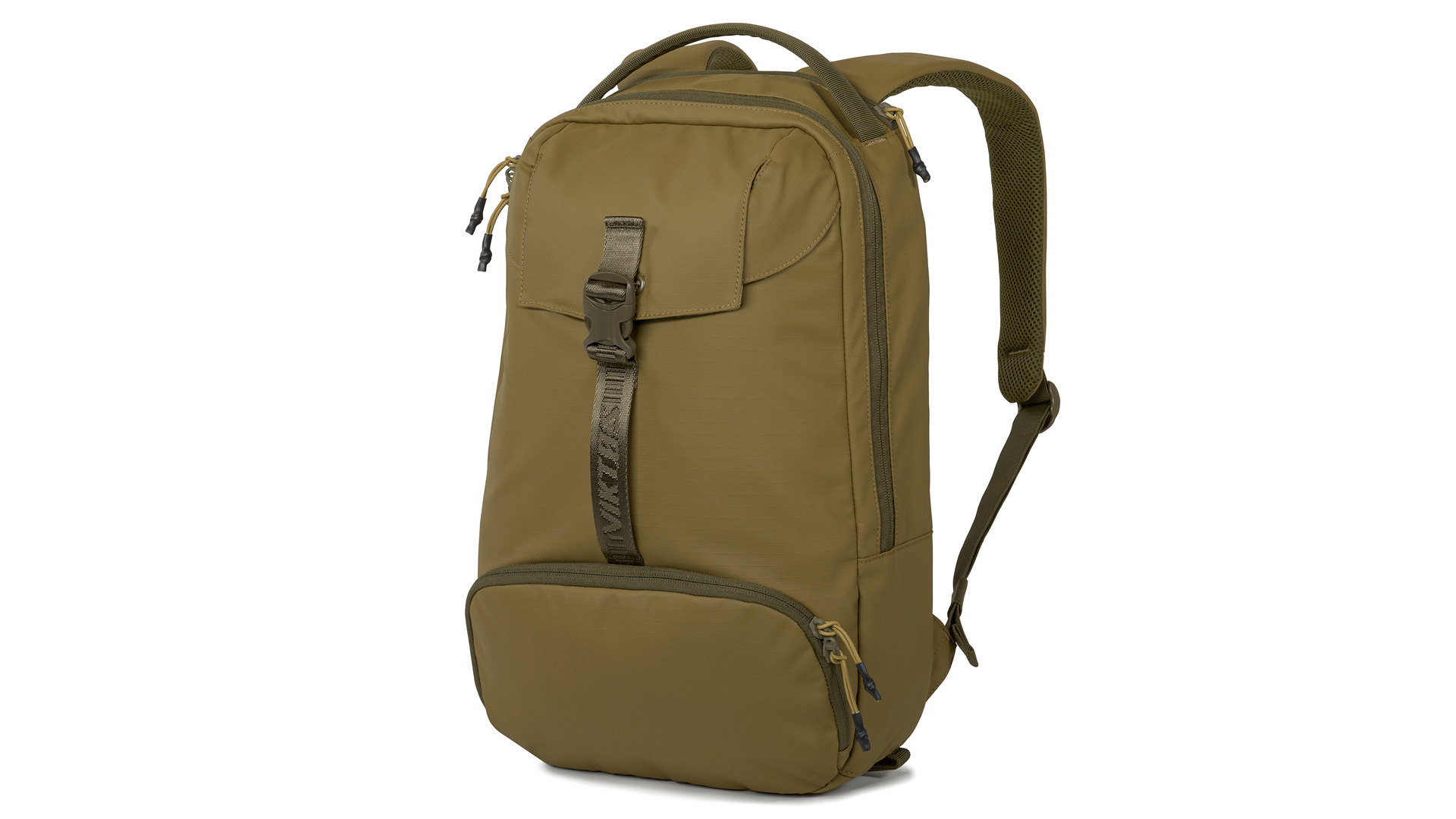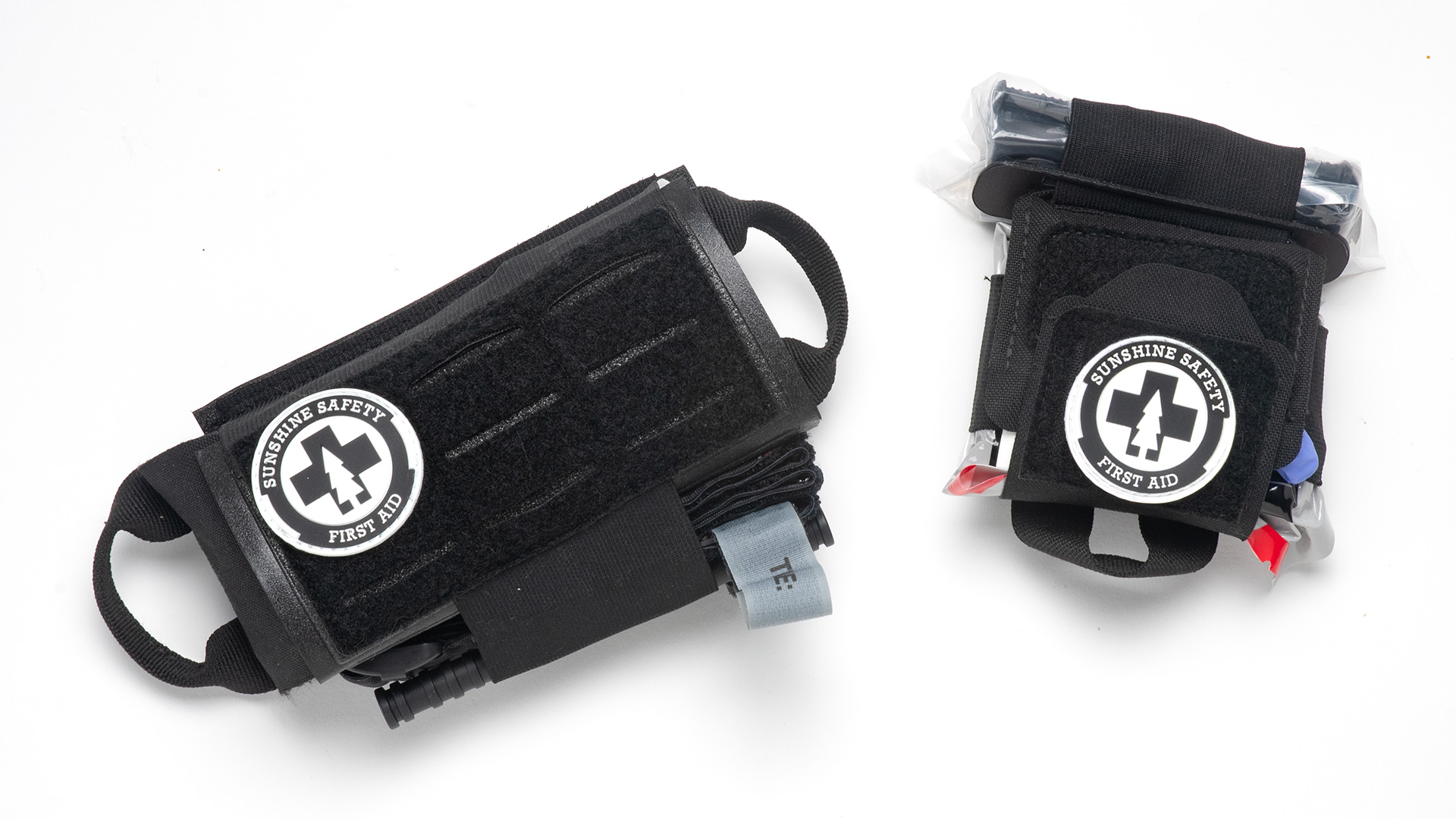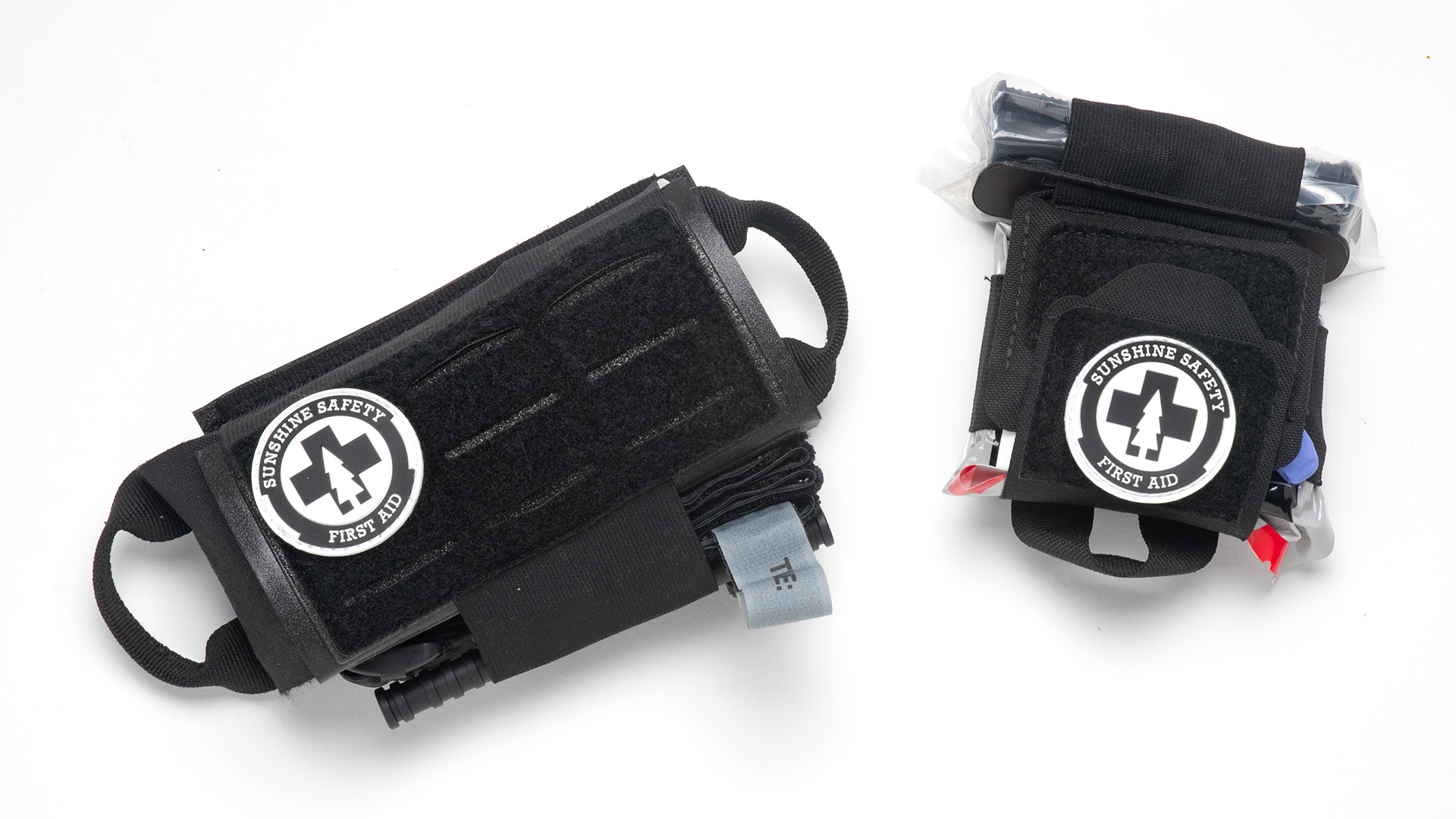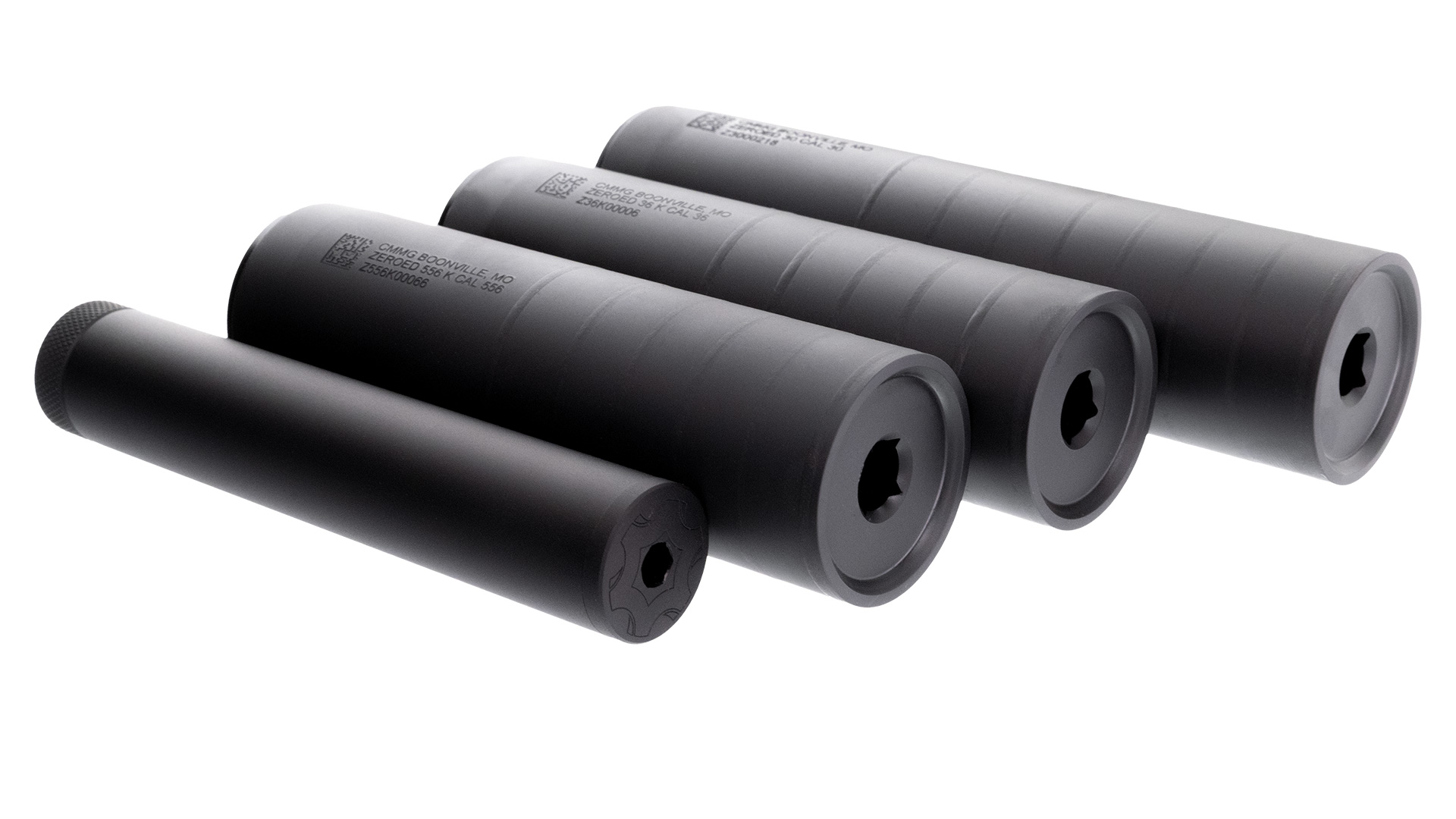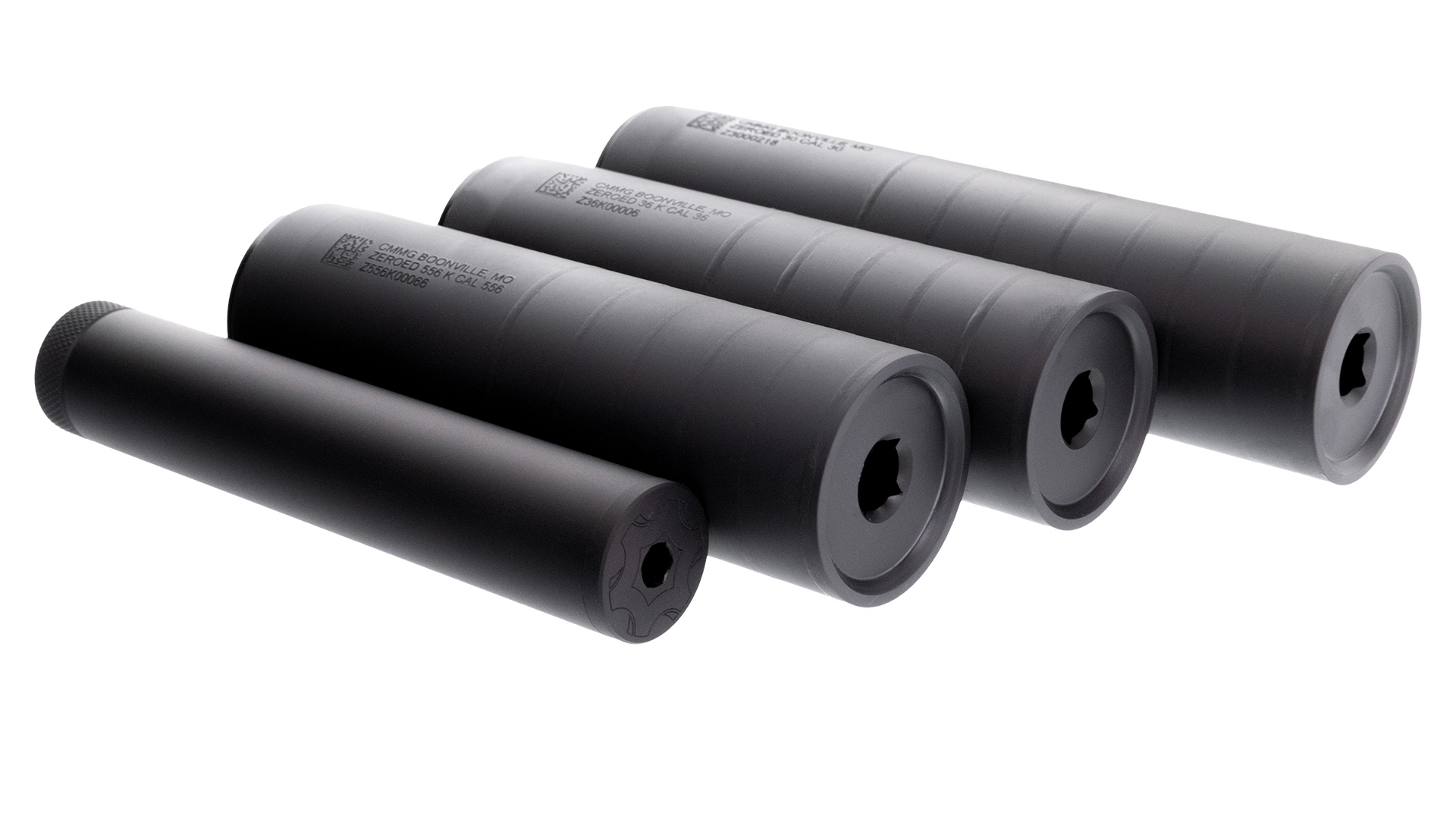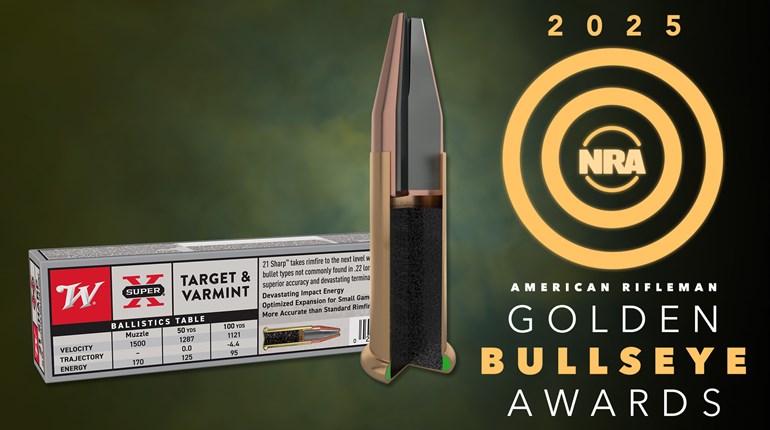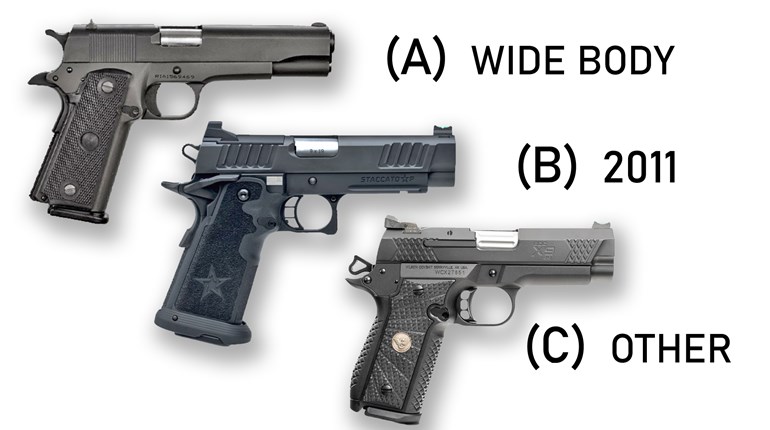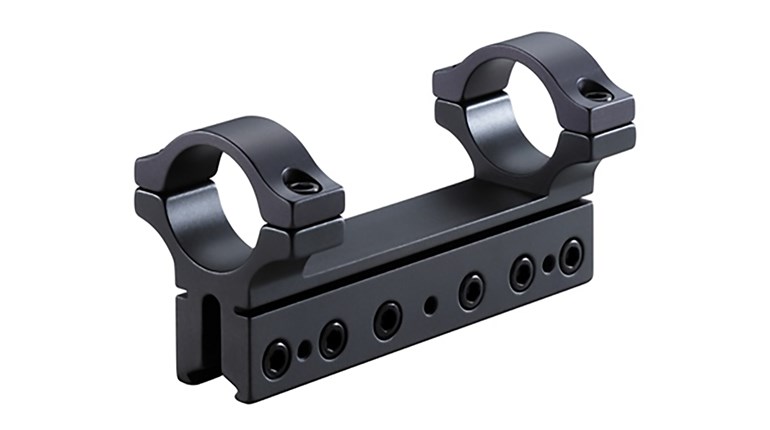
As more and more private citizens choose to arm themselves, many will be faced with new problems—problems they had not anticipated, nor could anyone for that matter. The simple fact they have chosen to arm themselves can bring consternation down upon them. It can reach deep into their lives, to their work and extended families. There are many who are determined to force their views, opinions and thoughts on you whether you like it or not. In today’s atmosphere you are not just concealing your carry gun from potential criminals, you are concealing it from everyone.

When we discuss concealed carry, it is often relegated to the means and tools you choose to carry for self-defense, such as the type of firearm you choose, what brand of holster or even where and how you intend to carry. We need to have a deeper understanding of concealment, a definition that goes beyond the physical. When you are concealing, your goal is to not just to conceal the firearm and supporting equipment. You are also trying to conceal your intentions and capabilities.
In the past, we were more concerned with concealing from a criminal, so we often let our guard down around certain people in our lives. There could be extended family members who disapprove of firearms or fear them. There could be co-workers with whom you spend both work and casual time together. It could be acquaintances you interact with on an infrequent basis. All of these folks can slip under your radar. We tend to be less concerned with the knowledge they may have of our armed lifestyle, since we know they do not intend us physical harm. But, safeguarding your armed lifestyle should be something you practice at all times in all aspects of your everyday life—against everyone.
Speaking from a personal-security standpoint, the best way to keep a secret is not to share it. Safeguarding this information will help limit the likelihood someone less security-conscious will accidentally reveal your secret. You should only share the fact you carry concealed with a minuscule group of people. If it takes more than four fingers to count them, you might not be safeguarding this information as well as you think. If you deem it sensitive information, then don’t share it with anyone outside this tight circle. The main reasons for safeguarding this information with even that small group are you feel you can you trust them to be responsible custodians of this information and/or they might need to know (immediate family members usually fall into this group). Otherwise, the risk that they might share this information with others in a reckless and cavalier manner is far greater than the reward of, well, not a whole lot. Despite your best efforts at physically concealing, word getting out could undermine your efforts.
To those with whom you select to share the knowledge of your armed lifestyle—or you feel it is important they know you carry concealed—how much information do you relay? It all depends on the person and your intentions. If you are merely giving them a courtesy, then the depth and details are better omitted. You will need to provide them with some information, but don’t feel compelled to lay it all out there on the table. Then there are those who you feel require a greater depth of knowledge. Immediate family members or loved ones are good examples. It is not just important you share this information, but the details as to why you carry. Helping them to understand your “why” will also help ensure they safeguard the information.

Your intention to carry a firearm for self-defense is pretty straightforward. It is your constitutional right, first and foremost, although at times it may be important to delve deeper in an effort to fully define your why. For example, have you been the victim of violent crime or do you know someone who has been? Are you concerned for your personal safety as a result of current events? Whatever your reason, having a better understanding helps you to better define your why in advance of a critical incident.
Your intention during a critical incident should also be pretty simple: to return to your family and loved ones every single day. To that end, you may conceal your intentions by complying with an attacker’s commands until you have either negotiated your way out of the situation or placed yourself in a position where you have the time and distance to draw your firearm. One of the reasons I put such a high premium on interpersonal dialogue is to de-escalate and disengage in the hopes of avoiding the need to resort to violence. It should be noted this is not the same as doing nothing. In this case you are doing something in an effort to improve your position or improve your ability to defend yourself by concealing your intentions, which are sound tactics.
One of my biggest reasons for not open carrying is to maintain the element of surprise. In this case, it is not because I will draw my firearm for self-defense, but to obscure my intentions as to whether I would or could draw my firearm for self-defense. If a criminal is aware that I have a firearm, or has selected me as a target because he knows I have a firearm, it pivots the situation more and more out of my control. Too many times we devalue the importance behind concealing our intentions in the early stages of a critical incident. If by fate I am able to negotiate my way out of the situation without ever having to resort to deadly force, that is a huge win. However, if fate is not in my favor, then keeping the firearm and my intentions concealed until the right moment is the next available win. It allows me to employ an extremely valuable tactic—surprise—and in this case, a surprise counter-ambush.

Criminals are adept at obscuring their intentions. They make a living performing this tactic. The more practice at committing crimes they achieve, the better they become at obscuring their intentions. That is not all they are good at concealing, however. They are also adept at concealing their weapon, whatever they may use. Since the majority of violent crimes are initiated against the victim without their prior knowledge, surprise is a powerful tactic.
If the criminal is telegraphing bad intentions by displaying or brandishing a weapon too soon, the intended prey might be spooked, allowing the would-be victim to escape. Then, the crook must start the victim-selection process all over again. It doesn’t make sense to practice something like spooking their prey too early, which could lead to incarceration or injury, or possibly both.
Doing a good job of concealing my pistol will also help obscure my capabilities. Regardless of your skill level with a firearm, it is in your best interest not to advertise it. Over the years, I have developed an uncanny talent at appraising a student’s skill by reviewing their gear and mannerisms. I’m looking at what type of firearm have they chosen, how do they carry and what type of holster they use.
I can really get into the weeds by evaluating the type of ammunition selected for training, how many magazines they have and what type of eye and hearing protection they use. As a student is exposed to more material, it expands their horizons. They see things that they didn’t see or couldn’t see at first. They gain a greater appreciation for the simplest of things as it relates to their gear, and this denotes a higher level of skill attainment.
What I don’t want is to telegraph my capabilities too soon. If I am left with no other choice but deadly force to protect my life, then I want to be swift and surgical. Displaying my capabilities too early may result in the loss of a tactical advantage I was trying to exploit.
I encourage all students, regardless of their experience, to value discretion when it comes to their capabilities. Newer students are learning this early on, but seasoned students can sometimes forget this lesson. It is one thing to be proud of your accomplishments, but it may be something entirely differently to brag about them. While there is a time and place to give it your best, to hold nothing back, I discourage the practice in general. Humility will go much further in my book.
Our objective when carrying concealed is to deny access to this knowledge to pretty much everyone else. Only inform a select group of adults who understand the importance behind safeguarding this information. Go out of your way to do a good job at concealing the firearm and supporting gear. Don’t think it doesn’t matter who knows, because it certainly does. Keep your intentions hidden until it is tactically beneficial. Your firearm is the last resort, but timing is key. All the hard work you put into developing your skills will unfortunately be best kept to yourself and a small group. Don’t advertise your capabilities—perfect them, but don’t share them. Follow these practices to truly live a concealed, and therefore safer, lifestyle.


